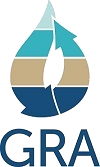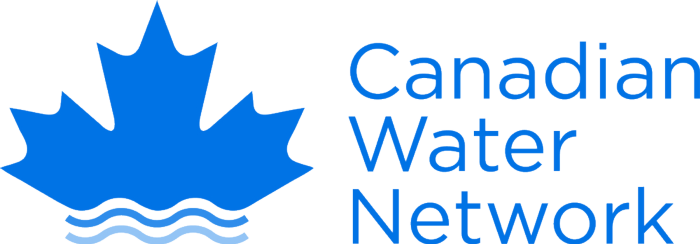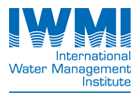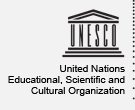Presentations 2016
Stern, Virginia
Presentation Title
Nitrates, Groundwater and Drinking Water - A Tale of Two Communities
Institution
Wa Dept of Health
Presentation
Profile Picture

Abstract
Washington has over 14000 public water supplies and over 600,000 private wells. Most of the state’s drinking water supplies are of high quality and are not polluted by anthropogenic contaminants. But it is not universally the case. The most common contaminant affecting groundwater and drinking water is nitrate. While most systems and most of the state’s population use drinking water supplies with barely detectable levels of nitrates. Almost 5% of the public supplies have sources with elevated nitrates. The impact on private supplies is not nearly as well documented, but in areas like ones in this paper the impact on private well may be as high as 15%.This paper describes how two areas in Washington, served by major aquifer systems, are addressing the challenge of nitrate pollution. The areas are Abbottsford Sumas Aquifer located in Northwestern Washington and the Lower Yakima River Basin in south central Washington. They are primarily agricultural communities, and the issue of nitrates in groundwater is not new. The contribution from legacy activities versus current agricultural practices is part of an ongoing debate in both communities. What isn’t dateable – is the public health impacts when drinking water supplies are not safe. These are active and growing communities trying to assess, manage and mitigate the threat to their water supplies. This paper compares how two very different communities have faced the challenge at the local level and compares their approaches, struggles, and success. Some of the challenges they face include, aquifers that transect international boundaries, state and tribal boundaries and equally diverse jurisdictional perspectives and authorities. How these communities and their state and provincial partners can provide insight to other communities and regulators looking for paths forward.
|












